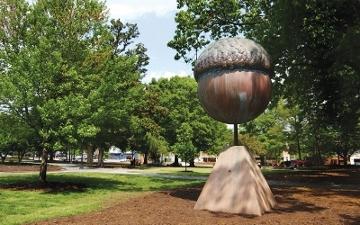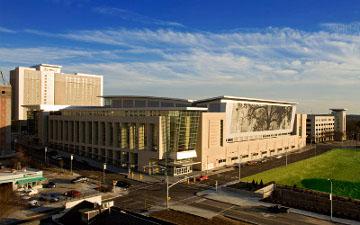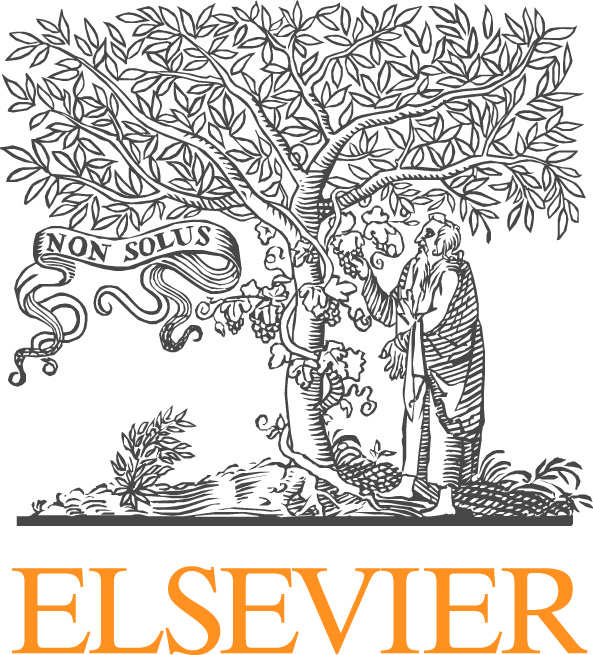
High-Order Methods for Computational Fluid Dynamics
Chunlei Liang, Krzysztof Fidkowski, Per-Olof Persson, Peter Vincent
The proposed mini-symposium will cover both the development of high-order methods and their applications, with specific focus on their use in the field of computational fluid dynamics and fluid-structure interaction. Numerical schemes falling within the remit of the mini-symposium include (but are not limited to) finite volume (FV) type essentially non-oscillatory (ENO) methods, FV type weighed ENO methods, compact differencing methods, k-exact methods, high-order continuous/discontinuous Galerkin finite element (FE) methods, spectral difference methods and spectral volume methods. We encourage presentations that address current issues inhibiting the adoption of unstructured high-order schemes amongst a wider scientific community. These issues include a lack of efficient time integration schemes (that can be used with high-order spatial discretizations), a lack of accurate and robust shock capturing algorithms, difficulties generating high-order curved element meshes, and the overall complexity (at various levels) of unstructured high-order spatial discretizations, a scarcity of studies of turbulence models when employing high-order methods for Large Eddy Simulation (LES), Reynolds-Averaged Navier-Stokes (RANS), and hybrid LES/RANS simulations. We also welcome presentations that address issues of robustness, accuracy, efficiency, and flexibility of high-order methods on moving/deforming grids, and for fluid-structure interaction.
Targeted Themes:
*Recent algorithm development
*Applications of high-order schemes to computational fluid dynamics
*Efficient time integration schemes for use with high-order spatial discretizations
*Accurate and robust shock capturing algorithms for use with high-order spatial discretizations
*High-order curved element mesh generation
*High-order CFD methods for LES, RANS and hybrid LES/RANS simulations
*High-order CFD methods on moving and deforming grids
* High-order methods for fluid-structure interaction
* Adoption of high-order CFD methods on GPUs
* h/p adaptation










